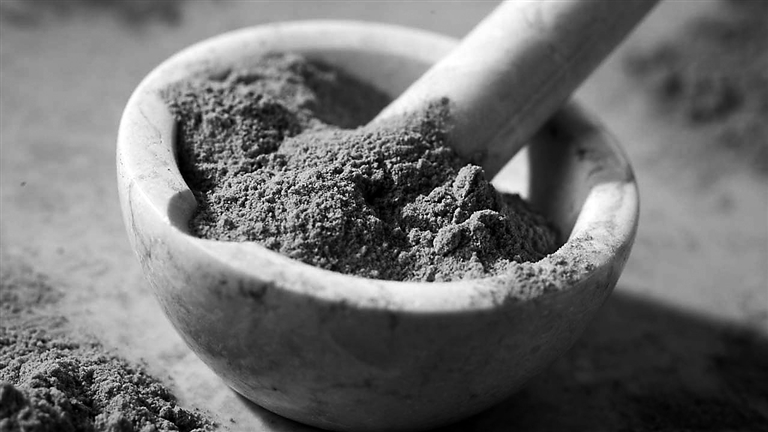
TURMERIC may help reduce pain in arthritic knees, according to a new study from the University of Tasmania’s Menzies Institute for Medical Research. The researchers found patients with knee osteoarthritis who took the extract of Curcuma longa, a plant also known as turmeric, had less knee pain than those who took a placebo after 12 weeks, with no adverse events, according to the published report in the journal Annals of Internal Medicine. The team of researchers also discovered in the randomized, double-blind, placebo-controlled study that the turmeric did not change the structural aspects of the osteoarthritis, cartilage composition, or swelling in the knee, the study’s news release said. The authors said that “current pharmacologic therapies for patients with osteoarthritis are suboptimal.” Benny Eathakkattu Antony, the senior author of the report, said in a press release that despite the large numbers of the population that suffer from osteoarthritis, “common treatments, such as paracetamol and nonsteroidal anti-inflammatory drugs have only mild to moderate effects and can have adverse side effects. Due to this, an urgent need exists for safer and more effective drugs to treat osteoarthritis.” The researchers studied 70 participants with symptomatic knee osteoarthritis and ultrasound evidence revealing swelling in the knee joint. The participants were randomly selected to receive either two capsules per day of turmeric or placebo for a 12 week period, according to the release. The researchers used imaging studies, such as an MRI, and a standardized questionnaire to determine changes regarding the use of pain medication, cartilage composition, measures of physical performance, quality of life and adverse events. After the 12-week period, patients taking the turmeric supplements reported less pain than those in the placebo group, the release stated. Professor Graeme Jones, a rheumatologist, said in the press release that the group that took the turmeric used fewer pain medications compared to the placebo group. Jones also noted that despite less pain, there was no difference regarding the structural aspects of knees between the two groups. “Despite the positive findings, due to the modest effect of the turmeric, small sample size of the study, short-duration of follow-up and the single research center, the researchers suggest that multicentre trials with larger sample sizes and long duration of follow-up are needed to assess the clinical significance of their findings,” he said. Despite the study’s shortcomings, health care clinicians said that they see the value of turmeric in patients with osteoarthritis. Some physical therapists said turmeric is a nice adjunct with an exercise treatment for knee pain. “Turmeric and its most active compound called curcumin have wonderful anti-inflammatory properties,” said Sherrie Glasser, director of Metro Physical Therapy in Florida and on Long Island, New York. “I often use turmeric and believe in its anti-inflammatory effects,” said Jari Haile, a physical therapist at Thrive Integrated Physical Therapy in New York. That said, health care professionals warned that’s important to speak with their physician before taking any over-the-counter supplements. (SD-Agencies) | 
